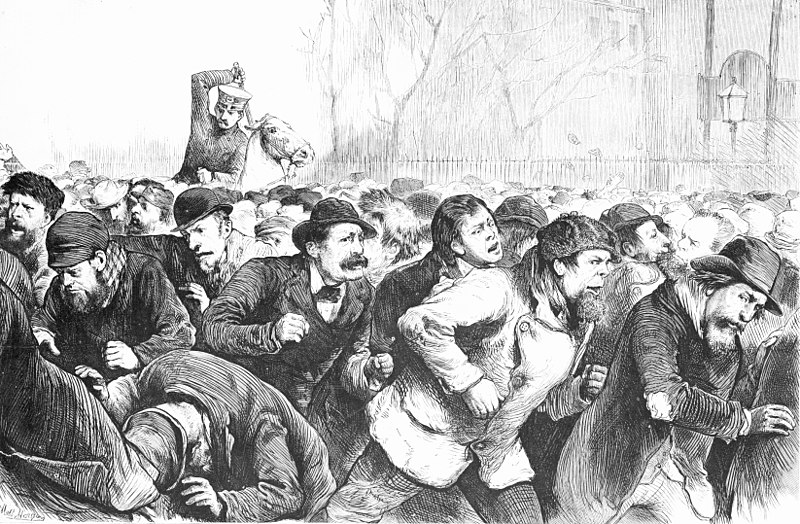

After my unpleasant experience with Philip Kerr’s Field Gray, I was in the mood for something less ambitious and more fun. I found it in Lee Child’s first Jack Reacher thriller, Killing Floor .
.
Child, an English television writer who does a very creditable job portraying American characters and settings, knows a few important truths about thriller writing. He knows that “movie logic,” the phenomenon that allows movies to get away with a lot of unlikely or impossible story elements because “I just saw it right there,” also works—to a certain extent—in action novels. The very unlikely coincidence on which this book’s plot pivots doesn’t bear close examination, but Child treats it matter of factly and keeps the interest up, and most readers come along for the ride. I know I did. Enjoyed it too.
His hero is Jack Reacher, a former military policeman who was raised a Marine brat. Having left the Marines, he is now traveling the United States, getting to know the country of which he is a citizen, in which he has never actually spent much time. And so, purely on a whim, he gets off a bus and walks to a tiny town called Margrave, Georgia, where he is immediately arrested by the police. A man has been murdered, and the stranger is a natural suspect. By the time Jack’s alibi has checked out, he’s met a very attractive lady cop he wants to know better, and come to feel a certain responsibility for a fellow prisoner, a rich man who doesn’t know how to handle himself in lock-up. But when he learns the identity of the murdered man, Jack’s course of action is decided. He has an obligation.
Fortunately for the good guys, Jack’s a very dangerous man—the very kind of man you want around when you’re up against a murderous, amoral conspiracy.
Killing Floor has all the virtues—and some of the faults—of an inspired first novel. Some of the detective work seemed a little too neat to me, and one of the big mysteries probably won’t be as much a mystery to readers today as it was when the book was published, more than a decade ago. But I took it on its own terms and had a great time. I’m already reading the second Jack Reacher novel, Die Trying, which starts with another coincidence almost as dubious as the one that kicks off this book.
Jack Reacher has some similarities to Stephen Hunter’s Bob Lee Swagger, but the classic character he reminded me most of was John D. MacDonald’s Travis McGee. Travis McGee, although he had a permanent address, lived on a house boat, and so was metaphorically adrift in the world. Jack Reacher is literally rootless, describing himself at one point as a hobo. The two have similar attitudes, and even resemble each other.
Killing Floor is recommended for grown-ups.
Update: Endorsement retracted. The reasons may be found here.
Like this:
Like Loading...


